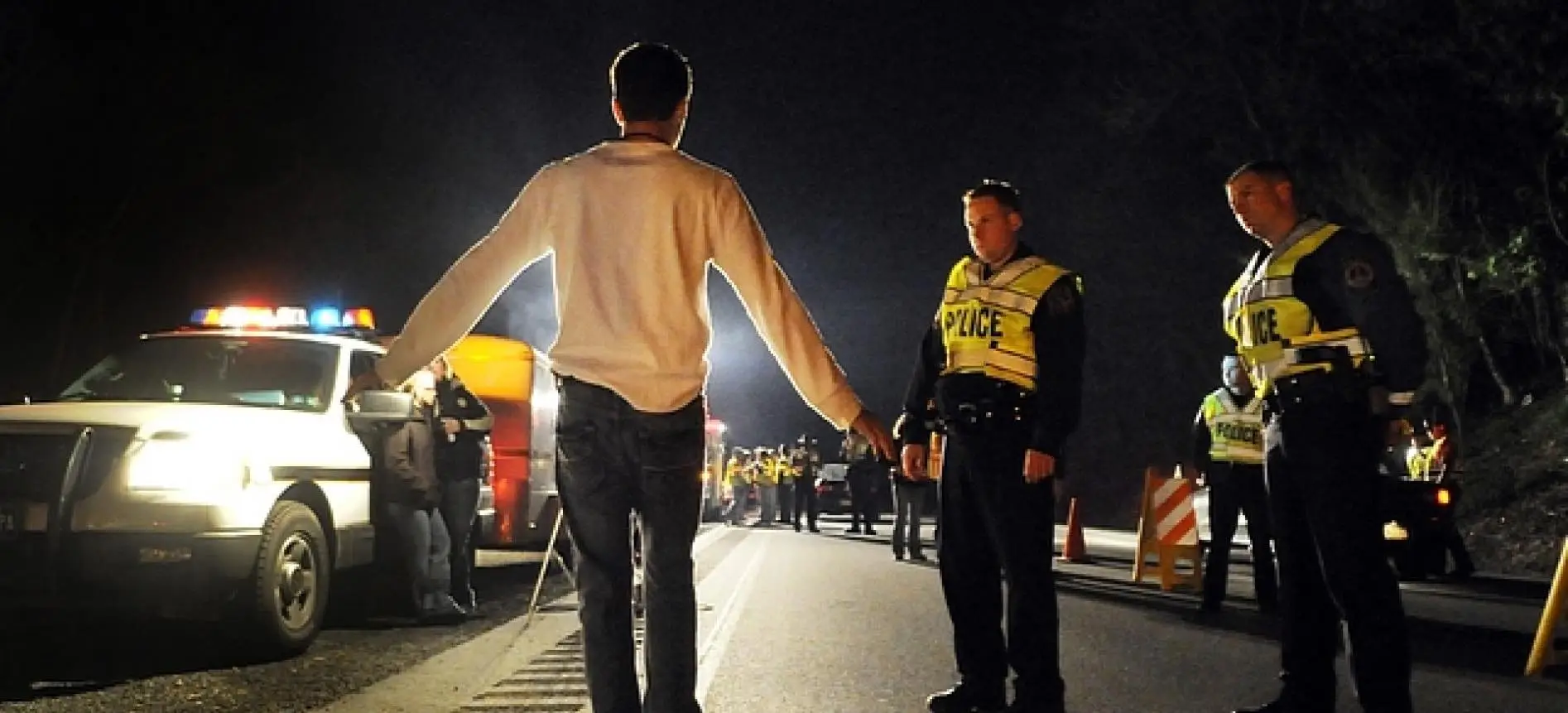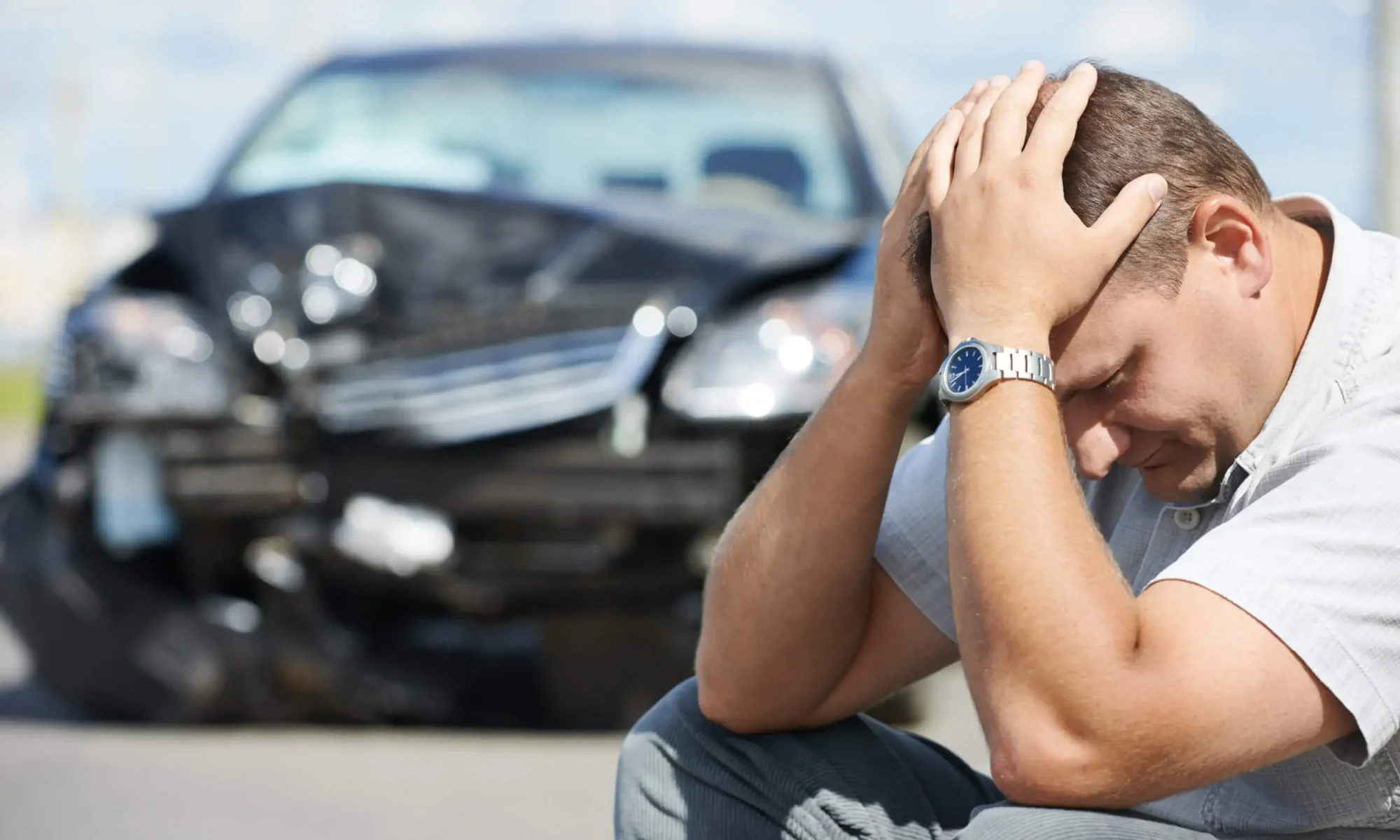Does Full Coverage Insurance Cover DUI Accidents
Let’s face it, navigating the world of car insurance can feel like deciphering ancient scrolls. You pay this, and you’re covered for that, but what about the weird in-between situations? Enter the dreaded DUI accident. We’ve all seen the PSAs and heard the horror stories, but one question lingers: Does Full Coverage Insurance Cover DUI Accidents Buckle up because we’re about to untangle this messy web?
What Is A DUI?
A DUI, which stands for Driving Under the Influence, refers to operating a motor vehicle while impaired by alcohol or drugs. This impairment can affect your judgment, coordination, and reaction time, significantly increasing the risk of an accident. The legal limit for blood alcohol concentration (BAC) varies by state, but anything above that limit is considered a DUI. It’s important to remember that even if your BAC is below the legal limit, you can still be arrested for DUI if a police officer believes you are impaired. By adding this explanation, readers will have a clear understanding of what a DUI is and how it relates to the situation of having a DUI accident with full coverage insurance. We can then continue with the point about not admitting fault at the scene.
Understanding Full Coverage: It’s More Than Just a Fancy Name
First things first, let’s break down what “full coverage” actually entails. In essence, it’s a combination of two separate types of car insurance:
Liability Insurance
This covers the other driver’s medical bills, property damage, and even lost wages if you’re found at fault for the accident. Think of it as your financial safety net to protect others on the road. Most states require minimum liability limits, but having higher limits offers greater peace of mind.
Collision and Comprehensive Coverage
This is where things get interesting for DUI situations. Collision coverage pays to repair or replace your car if it gets damaged in a crash, regardless of who’s to blame. Comprehensive coverage kicks in for situations outside of collisions, like theft, vandalism, or even a rogue squirrel taking a chunk out of your hood (seriously, it happens!).
Full Coverage: A Breakdown of the Basics
First things first, let’s dissect this “full coverage” beast. Typically, it combines two separate coverages: collision and comprehensive. Collision shields you from damage caused by collisions – think another car, a rogue shopping cart, or an overzealous game of bumper cars (hopefully not the kind involving actual cars). Comprehensive steps in for events outside of bump-and-grinds, like theft, vandalism, fire, or even a rogue squirrel launching itself at your windshield (seriously, it happens).
The DUI Wrench in the Works
Here’s where things get murky. While full coverage sounds like a safety net, it’s not DUI-proof. Insurance companies aren’t charities, and a DUI screams “reckless behavior.” Their response? They might try to:
- Deny coverage altogether: This is a worst-case scenario, but it’s a possibility. They could argue your DUI constituted an intentional act, throwing the whole “coverage” thing out the window.
- Raise your rates: Buckle up for sticker shock. A DUI is a major blemish on your driving record, and insurance companies love jacking up rates for high-risk drivers.
- Offer coverage, but with a hefty deductible: Remember that deductible – the amount you pay upfront before insurance kicks in? A DUI could see that deductible skyrocket, leaving you with a bigger out-of-pocket expense.
So, You Wrecked and Were Under the Influence: Now What?
The aftermath of a DUI accident is a stressful whirlwind. Here’s a quick roadmap to navigate the chaos:
Seek Medical Attention: This is priority number one, regardless of fault. Get checked out, document any injuries, and hold onto those medical bills.
Contact the Authorities: You know the drill. File a police report, cooperate with investigations, and avoid discussing the accident’s details (especially your DUI) with anyone but the police and your lawyer (more on that later).
Don’t Talk to Your Insurance Company (Yet): It might be tempting to call your insurer right away, but resist the urge. They have the right to investigate the accident, and anything you say could be used against you.
Want to know more about “Does Insurance Cover DUI Accidents?” visit our blog page now!
When to Call in the Cavalry
Here’s where a DUI Accident Lawyer Atlanta comes in as your knight in shining armor. These legal eagles specialize in navigating the complexities of DUI-related accidents. Here’s when their expertise becomes invaluable:
- Your insurance company is being difficult: They’re denying coverage, lowballing your claim, or making things unnecessarily complicated. A lawyer can fight for the coverage you deserve and ensure your rights are protected.
- You’re facing serious charges: A DUI accident can escalate quickly, leading to hefty fines, license suspension, or even jail time. A lawyer can build a strong defense strategy and work towards minimizing the legal fallout.
- You’re injured and facing financial strain: Medical bills pile up fast. A lawyer can help you pursue compensation for your injuries from other parties involved in the accident.
Remember, a DUI accident lawyer Atlanta isn’t just about damage control. They can also:
- Gather evidence: They’ll work tirelessly to build a strong case, investigating the accident scene, witness testimonies, and police reports.
- Negotiate with the prosecution: In some cases, a lawyer can negotiate with the prosecutor to lessen the severity of the charges.
- Represent you in court: If your case goes to court, a skilled lawyer will fight for your rights and advocate for the best possible outcome.
The Bottom Line: Don’t Go It Alone
Sure, full coverage might offer some protection after a DUI accident, but it’s not a guaranteed get-out-of-jail-free card. The potential consequences, both financial and legal, are significant. Don’t try to navigate this alone. So, there you have it. Full coverage might not be a magical shield against a DUI accident, but it doesn’t have to be a total write-off either. If you find yourself in this sticky situation, remember – don’t panic! Knowing your rights and having a qualified DUI Accident Lawyer in Atlanta on your side, like the amazing team at Shani Brooks Law, can make a world of difference. They can help you navigate the legalese, fight for fair coverage, and get you back on the road legally! as soon as possible. But most importantly, always remember: designate a driver, call a cab, or sleep it off – getting behind the wheel after a drink is simply not worth the risk.
Faced with a DUI accident and a confusing insurance battle? Shani Brooks Law can be your champion. Their Atlanta DUI accident lawyers offer free consultations to help you understand your rights and fight for the coverage you deserve. Don’t go it alone – call Shani Brooks Law today.


